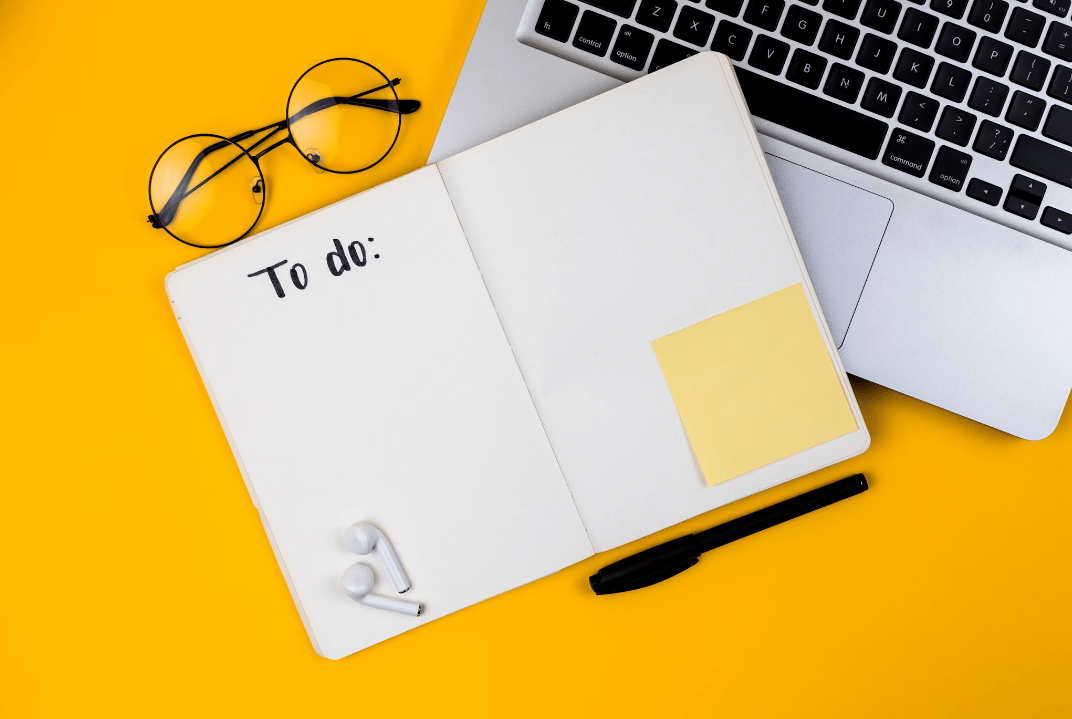- Verve Newsletter
- Posts
- 7 steps for an effective study routine
7 steps for an effective study routine
Create a routine that makes you feel efficient and energetic.
Hello Enthusiastic of Knowledge!
Have you ever felt like you're not making the most of your study time, and that you're putting in a lot of effort without seeing the results you want?
In today's quick tips email, I’ll help you create the optimal study routine for yourself—one that boosts efficiency without feeling stressed.

What makes a good routine “ a good routine”?
An effective study routine should allow us to maximize our potential without causing tiredness, stress, or the feeling of not having completed what's necessary.
Organizing a routine helps us avoid wasting time deciding what to do each day and avoid spending hours rearranging tasks in an attempt to create the perfect plan. Clarity and simplicity of execution are the cornerstones of a good routine. However, what truly matters is the effective action we take to follow our plan.
So, while elaborate planners and excessive questioning may only lead to procrastination, it's crucial to find a balance between detailed planning and actual execution. Planning is important, but it's essential to strike a balance between thorough planning and effective action, avoiding both overplanning without action and neglecting planning altogether.
Achievement and development principle
The most crucial aspect of a routine is that it makes us feel motivated, not burdened.
Perhaps you've experienced creating a study plan that, while perfect in terms of the subjects to cover, made you feel overwhelmed just looking at it. We want to avoid this kind of feeling.
When it comes to planning in a way that makes us feel good, there's a particular principle that can be helpful: Achievement and Development. This principle, widely used by the gaming industry to maintain audience interest, simply indicates that feeling progress toward our goals naturally motivates us and makes us eager to continue working.
How can we best apply this principle in our study routine to create enjoyable and effective study sessions?
Here are three suggestions:
1. Quest List: This is a list of questions you create while studying or before starting your study session, based on the topics you need to cover. Develop questions that pique your curiosity, not necessarily those you'd expect in an assignment. They can be your own personal curiosities about the topic. At the end of the study session, try to answer the questions with the new knowledge you've gained. You'll feel satisfied knowing you've answered questions that once seemed complex.
2. Checkbox Tasks: These are the classic tasks written on a piece of paper that give you great satisfaction as you check them off as you progress through your study. I recommend creating a post-it note and writing tasks in small steps. This way, you'll constantly have the opportunity to check off one box at a time. Even monotonous work can be broken down into more manageable and rewarding tasks. Instead of having a single large task like "study history," you'll have tasks divided into more accessible steps like "read 22 pages," "summarize 22 pages," "explain the concepts"...
3. Progression Bar: Always linked to the concept of tasks, digital progression bars are a great tool. You can find them online or in my Notion template for students.👇
Using checked tasks, progression bars, and question lists helps to perceive progress in your study. They may seem like simple adjustments, but if you start considering these tools as tangible signs of your progress during study sessions and feel satisfaction as you see them advance, you'll discover they're excellent support for your work.
So, how can we build an effective routine incorporating these elements?
Here is an effective study routine scheme.
Seven Steps effective study routine
Planning Before starting each study session, grab a post-it note and jot down the tasks you plan to accomplish in that session. Also, plan your breaks between sessions. You can aim for a 45-minute session where you tackle specific tasks, followed by a 10-minute break, and then another 45-minute session with different tasks. Planning ahead will bring clarity to your mind and help you manage your time effectively.
Preparation: Once you've clarified what you'll be studying, set up your study space and gather all the materials you'll need.
Start with Review from the Previous Day: Instead of diving straight into new topics, dedicate the first few minutes of your study session to reviewing the material you studied the day before. This will help warm up your mind, make connections with new information, and improve retention of previously studied material.
Begin Actual Studying, checking off tasks and remembering to take breaks to maintain your concentration and energy levels high. Try to stick to your plan. This is also the time to create your list of questions.
Tackle the Hardest Task First: My advice is to always start with the most challenging task. This way, you'll tackle it while you're still motivated, and this early win will give you the momentum to tackle the rest of your workload.
Review At the end of the study session, take a moment to briefly review everything you've studied. If you've prepared them, answer the questions you've written down.
Finally, prepare a plan for the next day.
This could be a framework for an effective routine that preserves concentration and energy by leveraging different levels of mental focus efficiently.
Let me know what you think about these techniques and if you're already using some of them!
Talk to you soon,
Isa